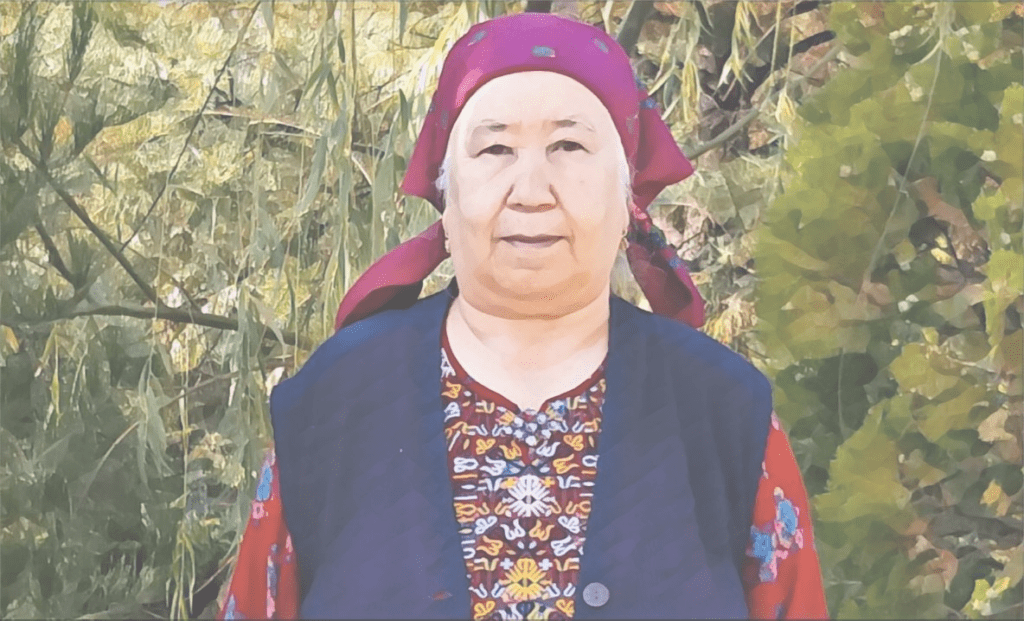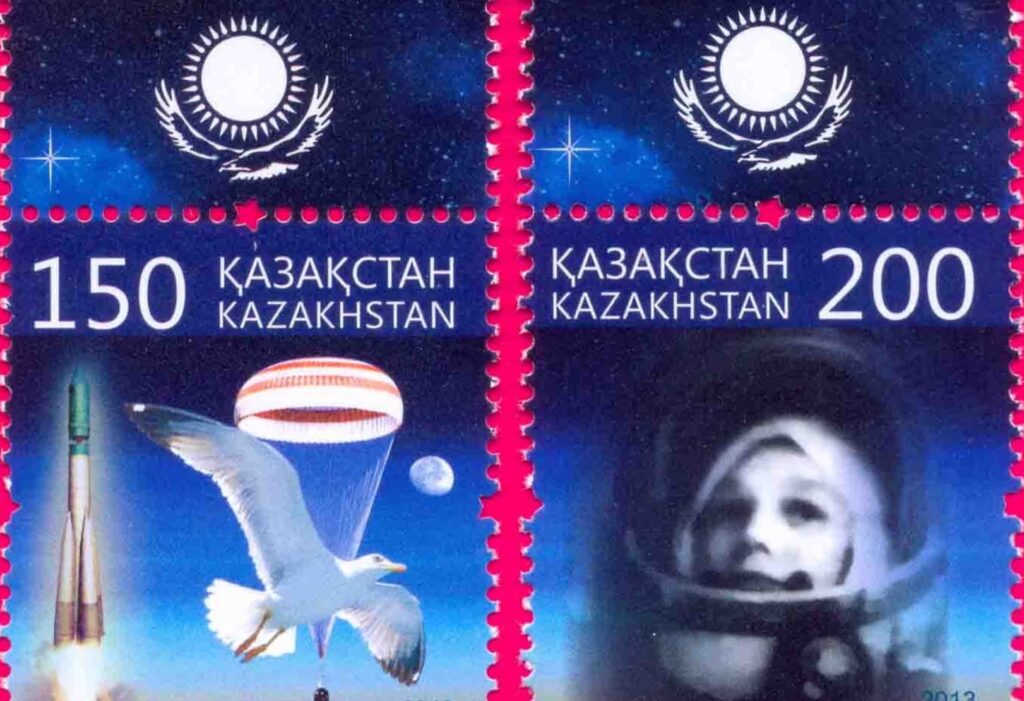Complaint against Tajik Officials Filed with International Criminal Court
For many years now, Tajikistan’s government has been ruling the country as it wishes and ignoring all criticism of the many rights violations being committed in Tajikistan. On April 10, two NGOs -- the Ukrainian Fund of International Volunteers and Freedom for Eurasia -- and the banned Tajik opposition Islamic Renaissance Party of Tajikistan (IRPT) filed a complaint with the international Criminal Court (ICC). The complaint accuses Tajik President Emomali Rahmon and his government of committing crimes against humanity. IRPT leader Muhiddin Kabiri said, “We hope the (ICC), (after considering) our complaint, will begin procedures for opening a criminal case and arresting the perpetrators, including the top leadership of Tajikistan.” A Big Problem That’s Getting Worse Evidence provided in the complaint covers the period from 2002 to 2024, but events only in the last few years tell the story of the impunity with which Tajik authorities have acted toward their citizens inside and outside Tajikistan. In May 2022, the Tajik government responded to peaceful protests in eastern Tajikistan’s Gorno-Badakhshan Autonomous Oblast (GBAO) by implementing a counter-terrorism operation that saw dozens, at least, of locals killed, and hundreds detained. Tajik authorities arrested people who were not involved in the protests: lawyers, activists, artists, and journalists. More than a dozen Pamiris were detained in Russia and forcibly deported back to Tajikistan where they were immediately detained and soon after, convicted and imprisoned. GBAO is home to the Pamiris, a group of more than 200,000 who have been living in the remote Pamir Mountains for centuries. They are Shiite Muslims, not Sunnis as most ethnic Tajiks are. Pamiris have their own languages and a unique culture. GBAO has been a restive area since Tajikistan became independent in late 1991, mainly because the Pamiris prefer to govern their territory according to their own age-old customs and have been resistant to the government’s attempts to exert control over the region. Less than three years since the counter-terrorism operation, Pamiri culture is in danger of disappearing. Pamiris are followers of the Aga Khan. During more than 30 years of Tajikistan’s independence, the recently deceased Aga Khan IV Prince Karim spent more than $1 billion on projects in GBAO, which is the poorest region in Tajikistan. Since 2022, the government has seized or is currently trying to seize nearly everything the Aga Khan Development Network built or established in GBAO. The hotels, schools, including the University of Central Asia in the GBAO capital Khorog, a medical center, the park in Khorog, and other objects financed by the Aga Khan are all coming under state control. Locals are forbidden from having portraits of the Aga Khan in their homes. Rahmon is preparing his eldest son, Rustam Emomali, to become Tajikistan’s next president. In advance of the widely-expected transfer of power, Rahmon has been clearing away any potential opposition. The IRPT was banned and declared by a Tajik court to be an extremist group a decade ago, despite the party having been part of the government during the previous 18...






